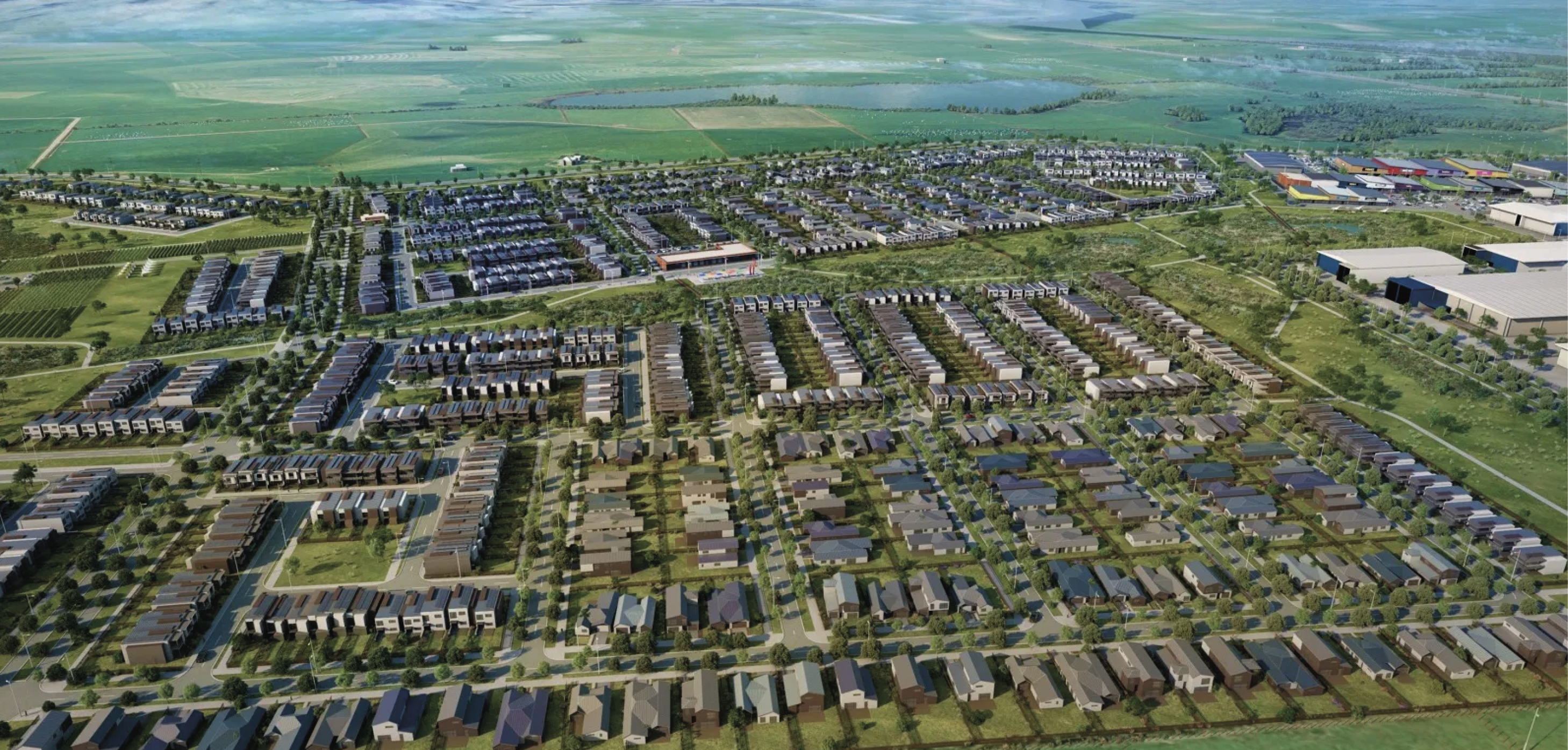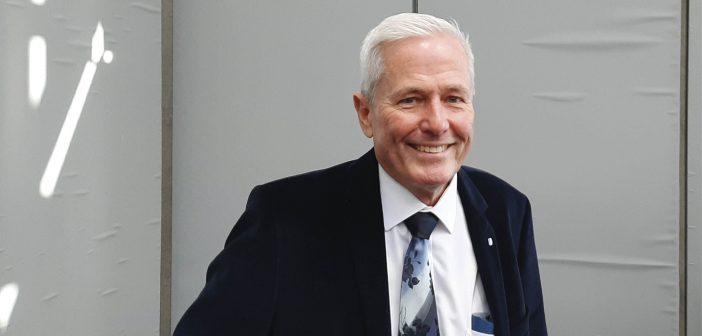The digging has started at The Comfort Group’s Ohinewai site, signalling the start of an ambitious $1 billion-plus infrastructure investment.
The Sleepyhead Estate, which will include a bedding foam factory and up to 1100 homes, has won planning permission, with resource consents to be considered under a Covid recovery fast track process.
“We are there, we are starting, we’re not just talking any more,” Comfort Group director Craig Turner told a Waikato audience.
“That is 130 truck and trailers a day currently, 3000 tonnes of rock a day, and we’ll finish the first part in August. And that’s before we build our main factory.”
The base for the new Sleepyhead factory will be 4 metres thick, and sit 2 metres above the floodplain by the time it is finished. “We struck sand, peat, water, everything known to man underneath the ground.”
Building the 65,000 sq m factory is due to start in March next year and take about four years to complete.
“Those of you around here probably know the APL glassworks down at Cambridge. We’re making ours just that much bigger,” Turner quipped to the audience at the event organised by Waikato Chamber of Commerce and hosted by Wintec.

Sleepyhead Estate
Turner said Waikato has been welcoming as the company shifts operations out of Auckland, where it faced capacity issues and where the council was difficult to deal with as the Group cast around for fresh sites.
“We’re glad to get out of Auckland, they’ve treated us badly. We’ve had a good time there over the years, but they don’t want us anymore and made it really hard for us,” he said.
“People know that Auckland’s had its day, and really, where else do you go?”
He said they engaged with the regional council, district council and iwi before they bought the farmland, in a process that started three years ago. “They were all incredibly supportive. And I have to say the District Council and [mayor]Allan Sanson and his team have been unbelievable.”
Turner said Sanson saw that Huntly needed help, and the jobs Sleepyhead brought would be key.
Ohinewai was settled on because they wanted a site within an hour of Auckland so people could drive if they wanted to, and they needed roading and rail infrastructure, with all inward goods coming in through the port of Auckland and their exports leaving through the port of Tauranga. Settlements north of Ohinewai were ruled out for various reasons, while south of the settlement the road and rail lines diverged.
Although they won rezoning approval in May, Waikato Regional Council and Waka Kotahi are appealing aspects of the decision. Council chair Russ Rimmington said in a statement they have always recognised the positives that will flow from the proposal, and welcome the creation of jobs in the region.
“Our appeal seeks to ensure that, in tandem with job creation, we are ensuring quality communities are also being created,” he said.
“We know the region needs to provide more housing but it’s really important we are building quality and enduring communities.”
The specific provisions of the decision where the council is looking for changes include management of flood risks, public transport and car dependency, accessibility and urban form, and water and wastewater connections.
Building community was also a feature of Turner’s presentation. “The big thing for us is to get the housing and the social aspects, the social community aspects, of this whole project together. To do that you need to create a community. And that’s actually what we stand for. Because seriously, if we can’t get the community going, Sleepyhead actually won’t be able to do what it does.”
Turner said he and his brother had studied German examples as a model for community building. “It’s well known that if you mix the socioeconomic groups up, you lift everyone’s level, you actually even lift the high ones up as well.”
They will be bringing lessons from their Auckland operation, where they asked staff about their lifestyles and motivations.
“Interesting thing: our business has been around for I think we’re coming up to 86 years, and actually never asked the question, which is appalling I know. But you kind of build beds, you get staff. And that’s how it’s always worked. That actually is no longer acceptable.”
He said they found staff needed help to run their lives because they were spending their pay week to week on living expenses with no chance of saving.
“And so if you think about a lot of people in our business – and since we’ve been investigating this we’ve been finding it happening in a number of businesses – that the people come into our business with nothing, they start with nothing, and effectively go out with nothing.
“And that, ladies and gentlemen, is socially unacceptable. I’m actually quite ashamed that we’ve ended up in that way, not only from our business, but also as a country, that we find that acceptable.”
The 1100 houses are more than Sleepyhead needs for its staff, so will be available for others as well, and the number was arrived at because scope was needed to build a community. The intention is to get the houses under $500,000, to make them affordable for workers, Turner said. Comfort Group is working with banks on options including shared equity and lease to own. Criteria for Sleepyhead staff will be based not on length of service but on elements like attendance and attitude, he said.
It’s an open question how many of their Auckland staff will move with them. Turner said 10 years ago they shifted their Melbourne operation an hour and 20 minute drive, and lost all their staff.
“We’re expecting to lose quite a chunk of our people. That’s inevitable. Planning for that actually is the big thing.”
He said they are focusing on getting training programmes in place before building so they can train up local people.
“This is us and the region working together. We can’t do it without the region, the region needs us, we need the region.”
That included using Waikato firms as much as possible. “Our absolute goal is to bring as much money to the Waikato as we possibly can,” he said. “You’re going to have to be competitive, but the opportunity is definitely there.”





